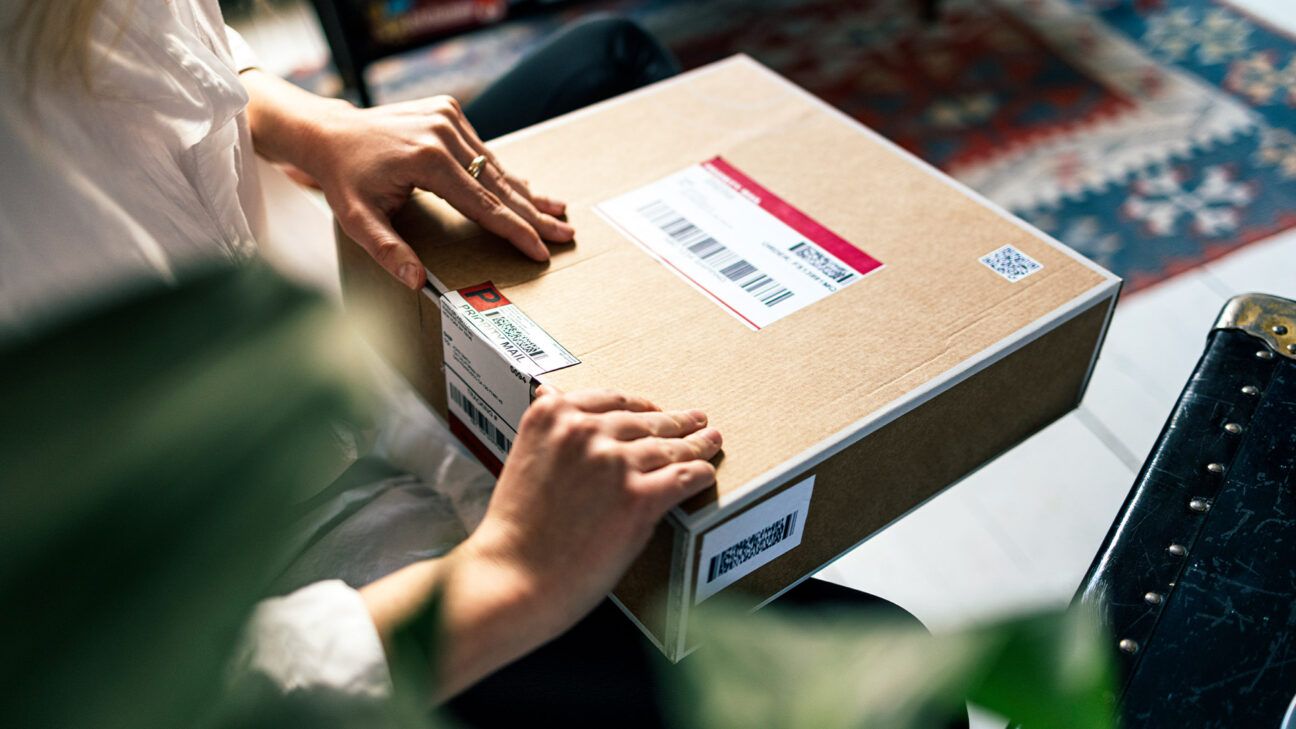
- Pharmaceutical company Eli Lilly will begin offering an “end-to-end” healthcare experience called LillyDirect.
- The service will help patients get access to doctors and to the company’s medicines, including weight loss drug Zepbound.
- Obesity doctors welcomed the announcement, saying it will help expand access for many Americans.
American pharmaceutical company Eli Lilly will begin offering a suite of healthcare services, including access to independent telehealth providers and free shipping on medication.
The company announced the launch of LillyDirect on January 4, 2024, and bills it as an “end-to-end digital healthcare experience.” The program is targeted at individuals with obesity, migraine, and diabetes.
It will offer pharmacy and healthcare services, including convenient access to medications like insulin and the recently approved obesity medication Zepbound.
“With LillyDirect, our goal is to relieve some of those burdens by simplifying the patient experience to help improve outcomes. LillyDirect offers more choices in how and where people access healthcare, including a convenient home delivery option to fill Lilly medicines they have been prescribed,” David A. Ricks, Eli Lilly’s chair and CEO said in a press release.
Services offered by LillyDirect include:
- Access to an online pharmacy for the company’s medicines with free shipping.
- Educational information about disease management.
- Tools to find independent healthcare providers via both telehealth and in-person settings.
- Manufacturer savings on medicines
Eli Lilly has partnered with telehealth company Form Health for telehealth options and Healthgrades for in-person doctors. They also make it clear that all healthcare providers are independent of Eli Lilly.
“The LillyDirect listing is not an endorsement or recommendation of the independent clinician networks or telehealth clinicians. The telehealth service providers and healthcare professionals listed through the “find in-person care” feature on LillyDirect are independent and separate from Lilly. Treatment decisions and prescribing practices are made at the discretion of the provider’s care team,” a representative for Eli Lilly told Healthline in an emailed statement.
A welcome addition to obesity care
Dr. Caroline Apovian, MD, a Professor of Medicine at Harvard Medical School and the co-director of the Center for Weight Management and Wellness at Brigham and Women’s Hospital, welcomed the announcement.
“I think this is a great move. Lilly is really helping patients by getting them to a telemedicine program run by doctors who can get them access,” she told Healthline.
Those sentiments were echoed by other experts contacted for this story.
“From my perspective, anything that helps patients have access to care, and in particular to specialized high quality care and drugs is positive,” said Dr. Dan Azagury, MD, section chief of Minimally Invasive and Bariatric Surgery and medical director for the Bariatric and Metabolic Interdisciplinary clinic at Stanford University.
Both Apovian and Azagury disclosed that they are medical consultants to Form Health.
Lowering barriers to access
Telehealth services that sprang to life during the pandemic are now important to obesity care. Both Azagury and Apovian say that telehealth is now essential to help them keep up with the demand for care.
“I would say, in general, obesity care lends itself very well to telehealth. I’ll tell you that my practice has switched to telehealth because of COVID, but we’ve never switched back,” said Azagury.
“There are many people out there who want our services. We are hiring more physician assistants and nurse practitioners to help the MDs and hiring more MDs because clearly with 42% of Americans who need obesity treatment, we don’t have enough obesity medicine specialists to do it,” said Apovian.
Apovian told Healthline that telehealth services also give her greater freedom to see patients who require more complex care and have serious comorbidities.
“My slots in my center to see in-person patients can be reserved for patients with congestive heart failure and obesity or kidney failure with obesity,” she said.
Ongoing obesity drug shortages
LillyDirect could also help play a role in ensuring that patients who need medication can reliably get it.
Novel diabetes and obesity medications known as glucagon-like peptide-1 receptor agonists (GLP-1 RAs), including semaglutide (Ozempic, Wegovy) and tirzepatide (Mounjaro, Zepbound), have proven to be exceptionally effective for weight loss. They have simultaneously grown in popularity and burst into pop culture and headlines across the United States.
However, the popularity of the drugs has been a blessing and a curse. Novo Nordisk, the Danish pharmaceutical company behind Ozempic and Wegovy has faced numerous shortages and supply chain issues while attempting to keep up with demand.
The conundrum has, in some instances, left patients unable to get access to their medication.
Just this week, Ricks said that Zepbound had reached 25,000 new prescriptions per week and that the company’s current output might not meet demand. While the company is investing in more manufacturing infrastructure, how much of the drug they can actually produce is unclear.
The bottom line
American pharmaceutical company Eli Lilly will begin offering healthcare services through their new program LillyDirect.
LillyDirect services include an online pharmacy, tools for finding in-person and telehealth doctors, and some financial incentives like free shipping and manufacturer savings on medication.
Obesity experts contacted by Healthline were supportive of the initiative, saying that it would help expand access and help meet surging demand for obesity drugs, including Zepbound.
